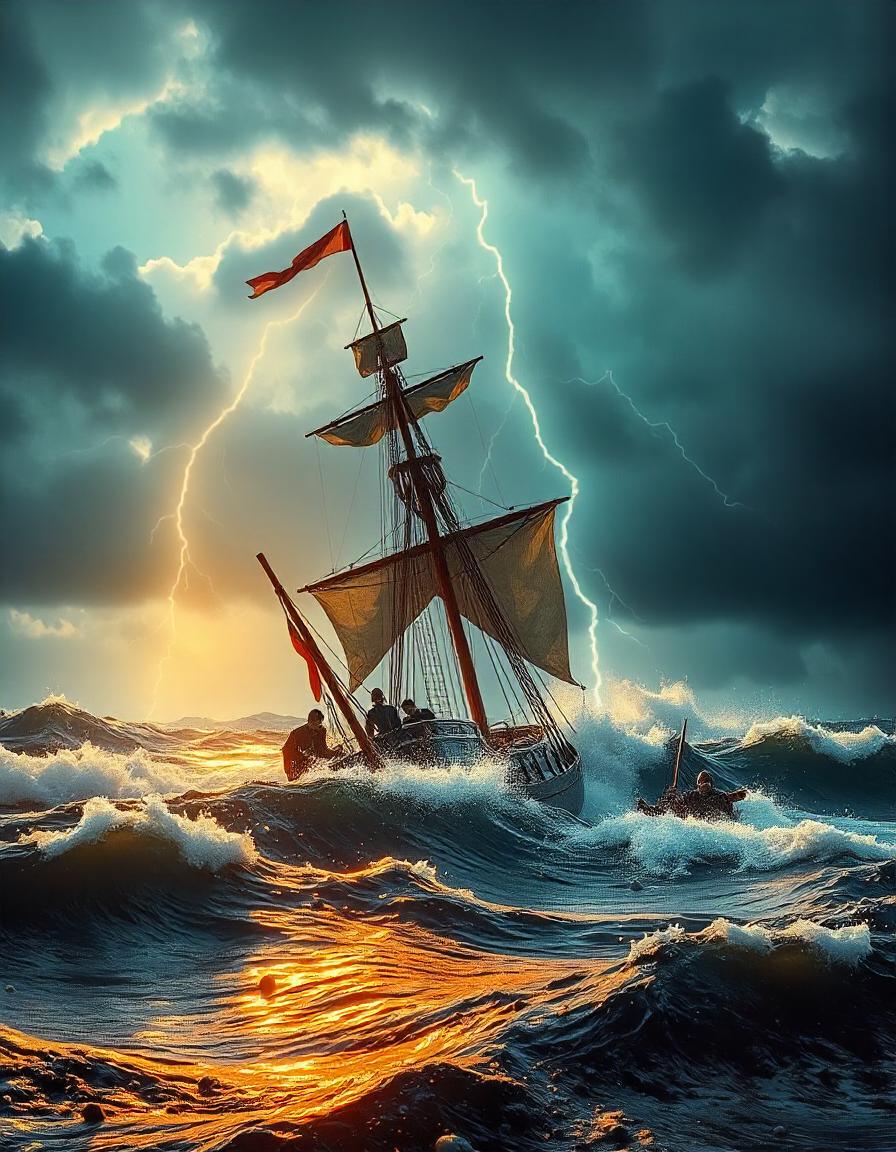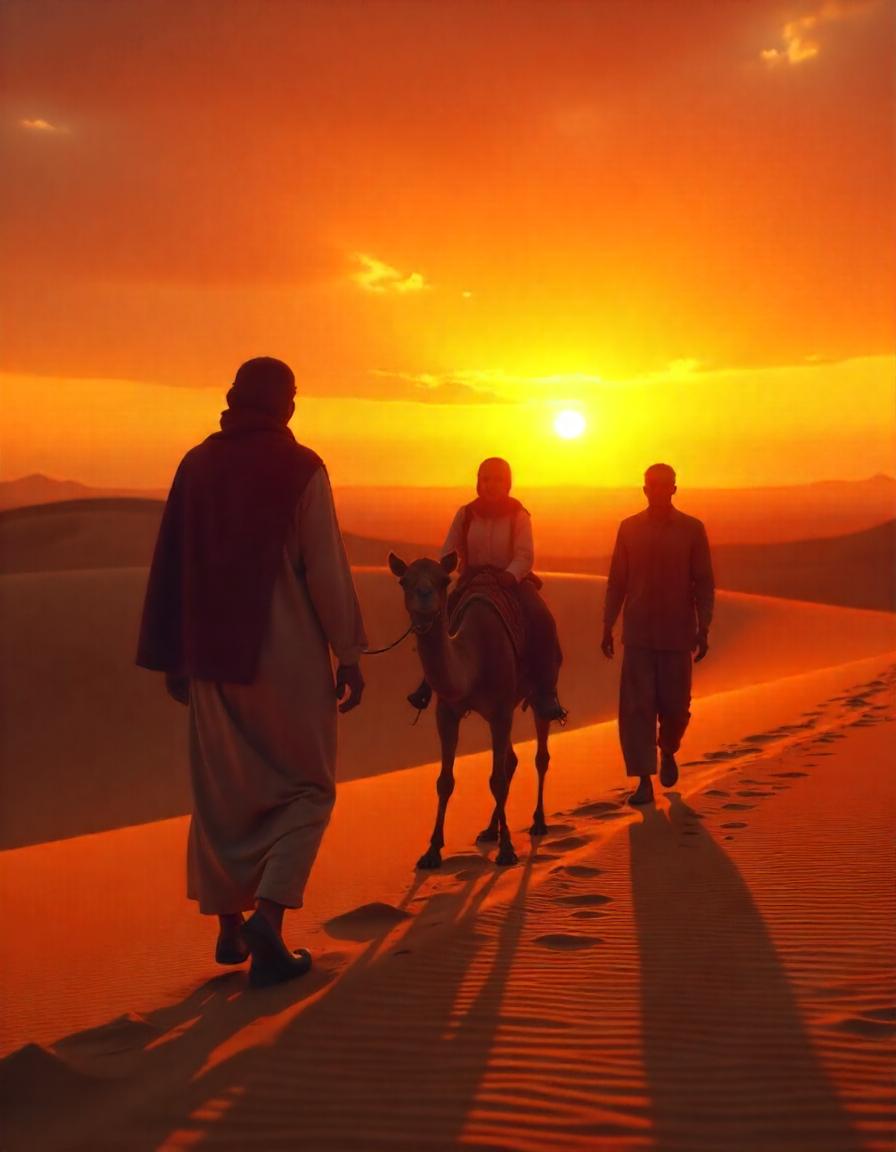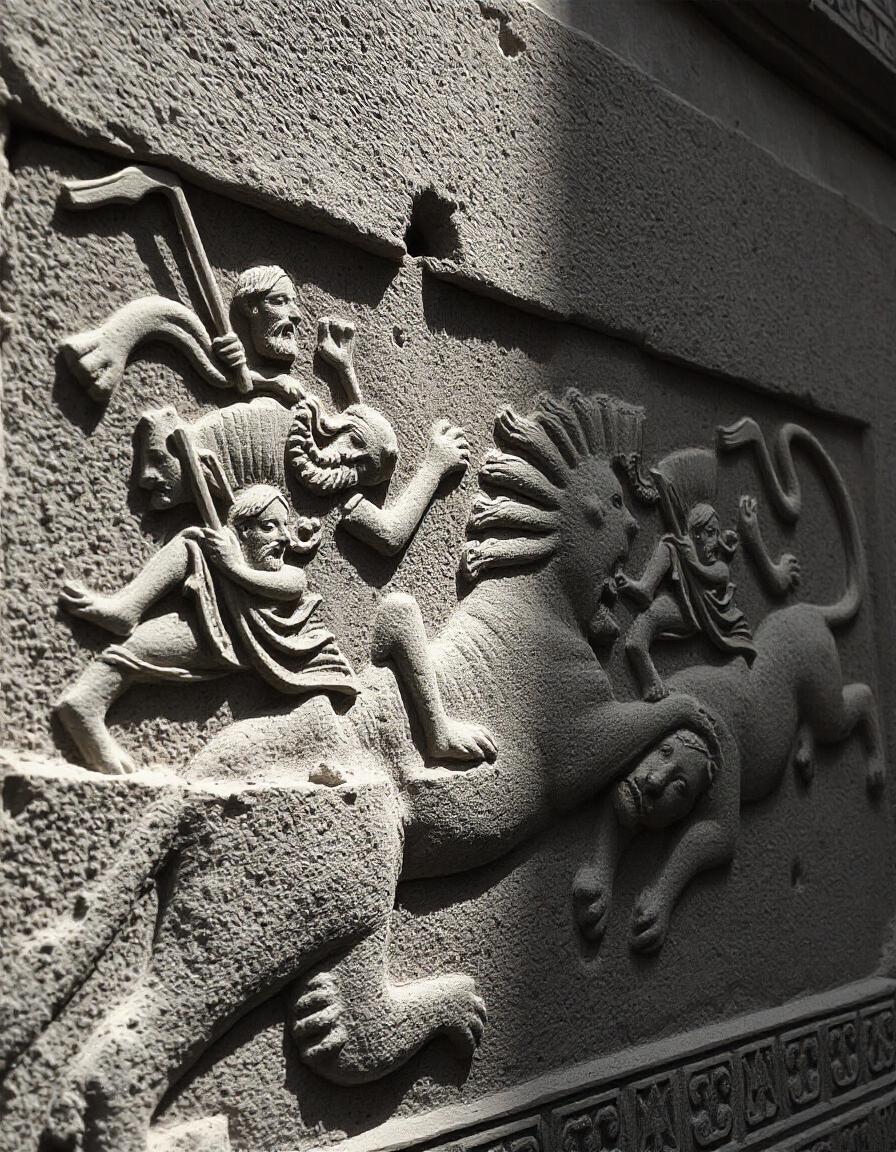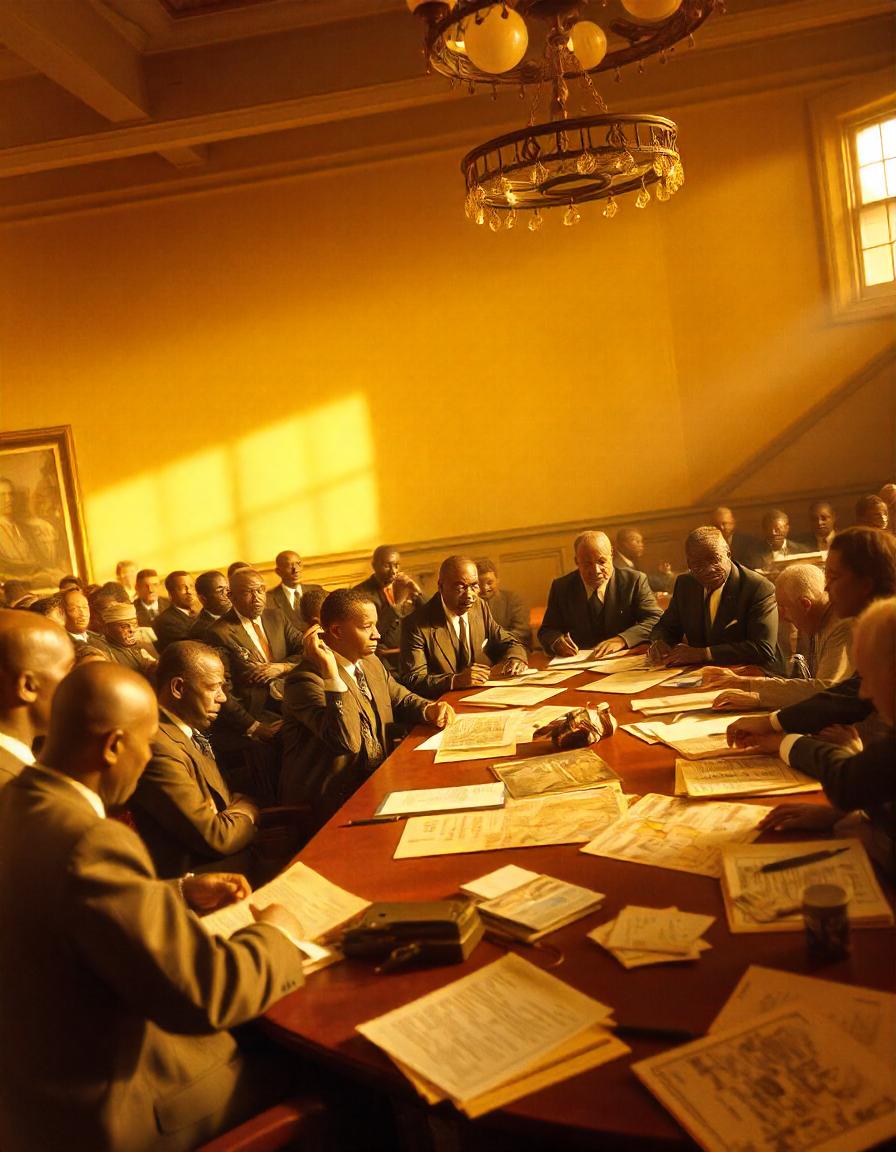The Spanish Armada, a defining moment in the history of European warfare, was a monumental naval conflict that unfolded in 1588 between the Spanish Empire, led by King Philip...
The rise of Islam is one of the most significant events in world history, shaping not only the political, cultural, and religious landscapes of the Middle East but also...
The Assyrian Empire was one of the most formidable and ruthless empires of the ancient world, known for its military prowess, advanced administration, and monumental construction projects. Situated in...
The Persian Empire is one of the most significant civilizations in ancient history, encompassing a vast territory that stretched across the Middle East, North Africa, and parts of Asia....
The fall of the Soviet Union in 1991 marked one of the most dramatic and significant events of the 20th century, ending nearly 70 years of Communist rule and...
Mahatma Gandhi’s leadership of the Indian independence movement stands as one of the most influential examples of nonviolent resistance in history. Gandhi’s philosophy of Satyagraha (truth and nonviolent resistance)...
The Berlin Airlift (1948-1949) stands as one of the defining moments of the early Cold War, symbolizing the tension between the Soviet Union and the Western Allies. It was...
The Civil Rights Movement in the United States was a pivotal period in the nation’s history, stretching from the mid-20th century and aiming to achieve racial equality and end...
The Jim Crow laws were a set of state and local laws in the United States that enforced racial segregation in the Southern states, primarily between the late 19th...
Reconstruction refers to the period in U.S. history from 1865 to 1877 following the Civil War, during which the Southern states were reorganized and reintegrated into the Union. This...










